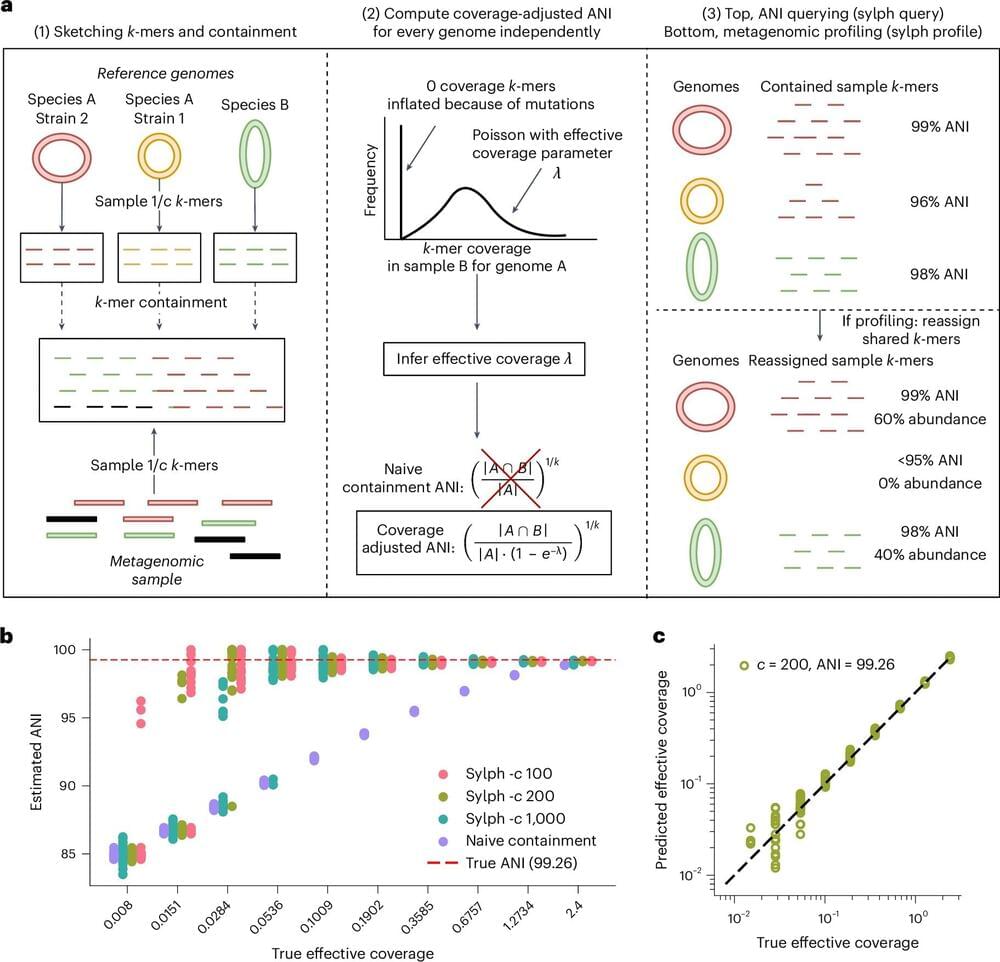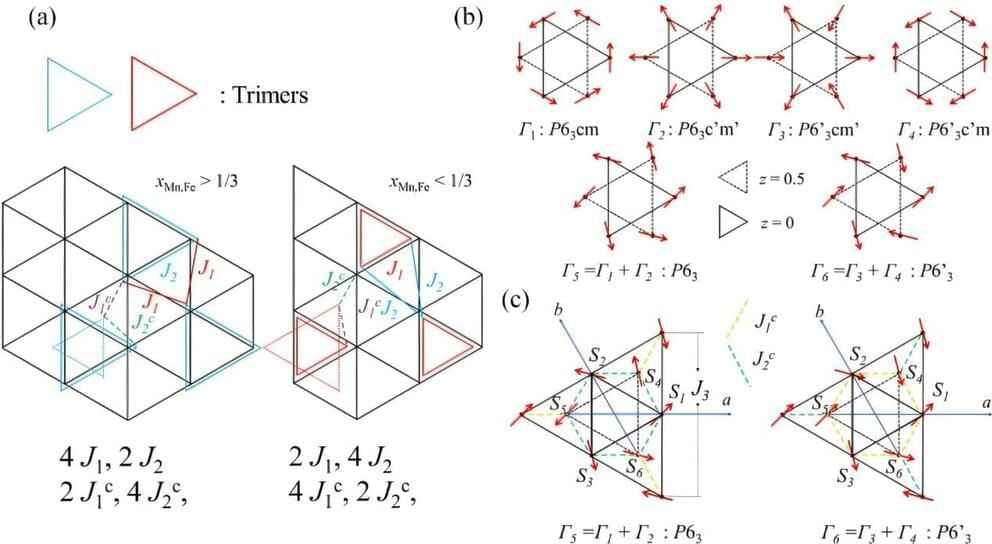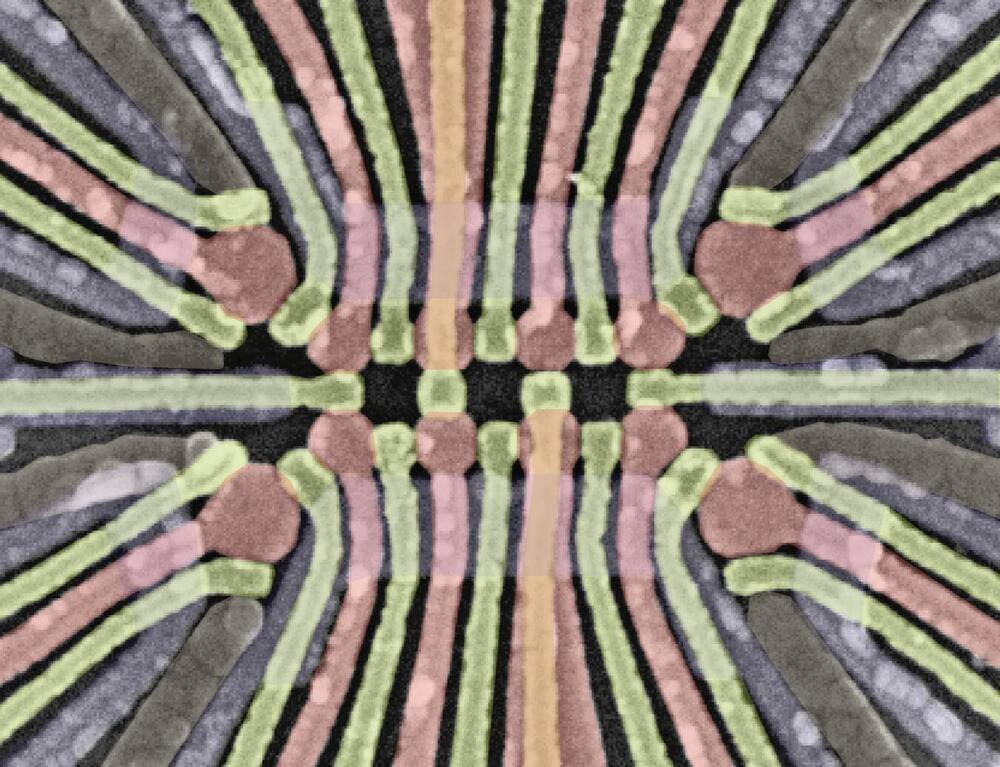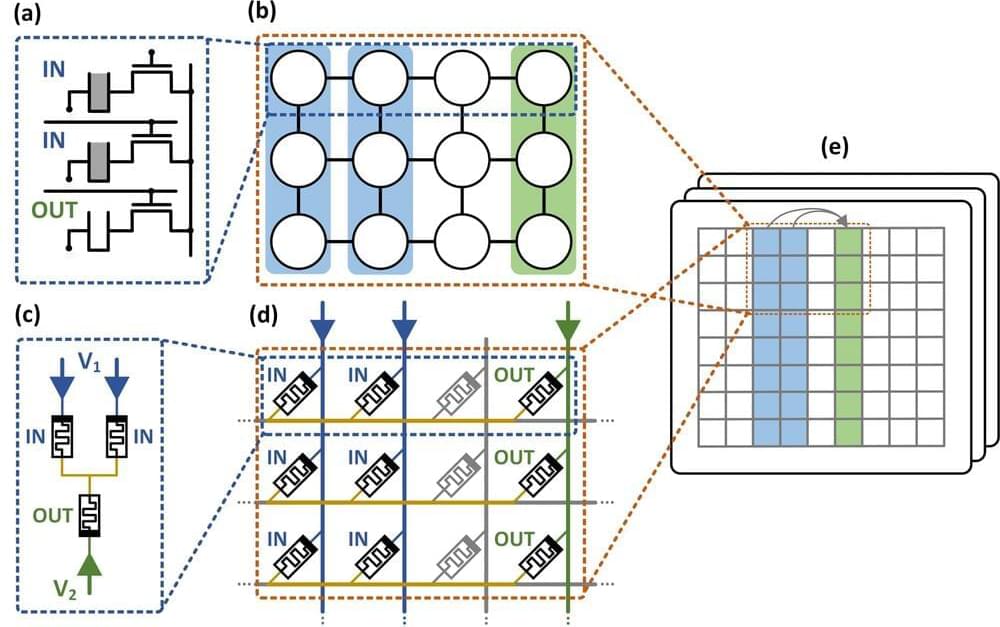
The interface superconductor underwent a transition under a magnetic field and became more robust, the scientists said in the paper This suggests it has transformed into a “triplet superconductor.” — a type of superconductor that is more resistant to magnetic fields than conventional superconductors.
They conducted the research in conjunction with the National Institute of Standards and Technology. In earlier work, they demonstrated that thin films of gold and niobium naturally suppress decoherence — the loss of quantum properties due to external environmental interference.
Given its robust quantum qualities and its ability to suppress decoherence, this new superconducting material promises to be ideal for use in quantum computers, the scientists said. Minimizing decoherence within the system is a key challenge, which necessitates extreme measures to isolate the quantum computer from external influences, such as shifts in temperature or electromagnetic interference, as well as the use of error-correcting algorithms to ensure calculations remain accurate.


















